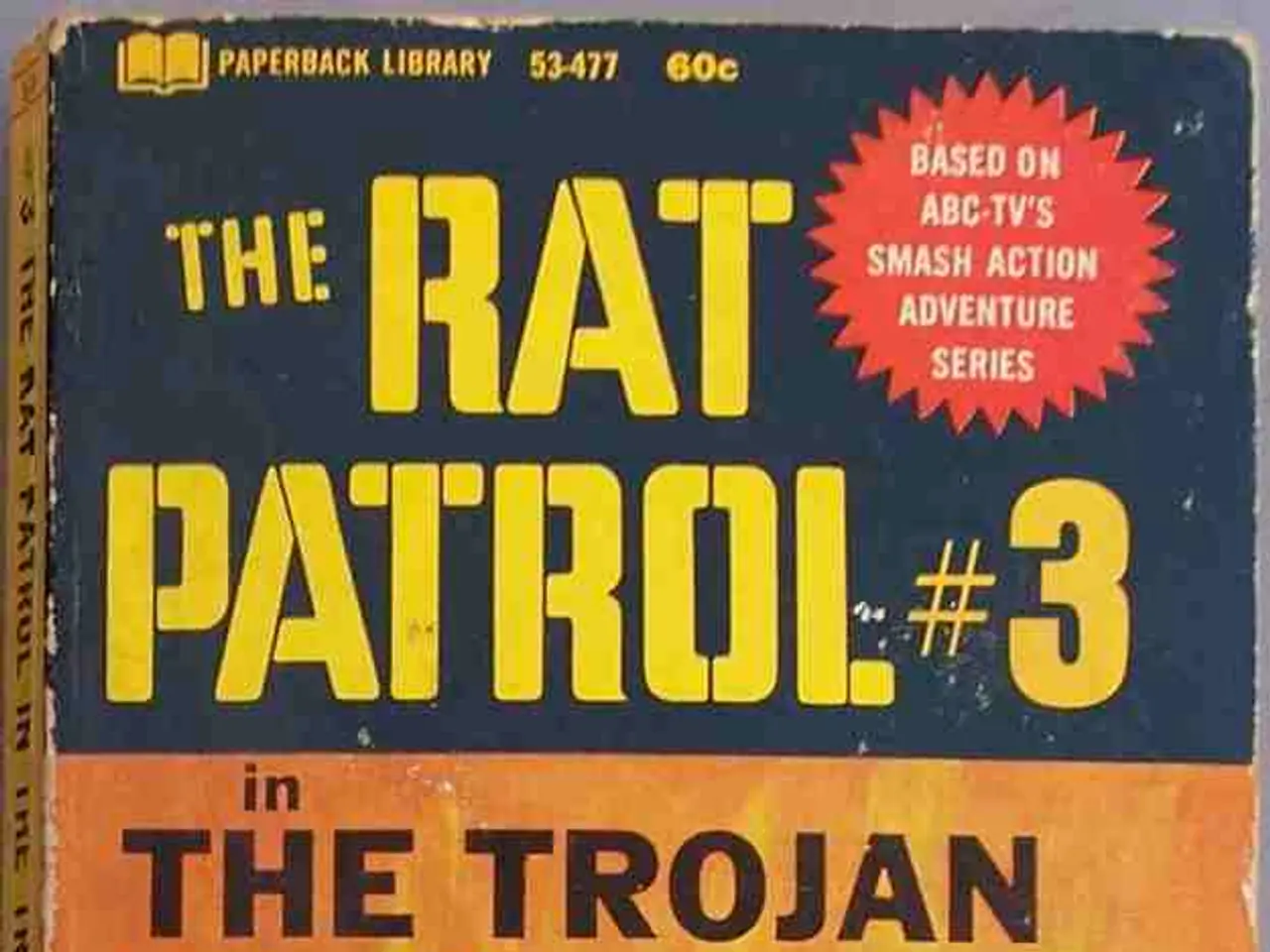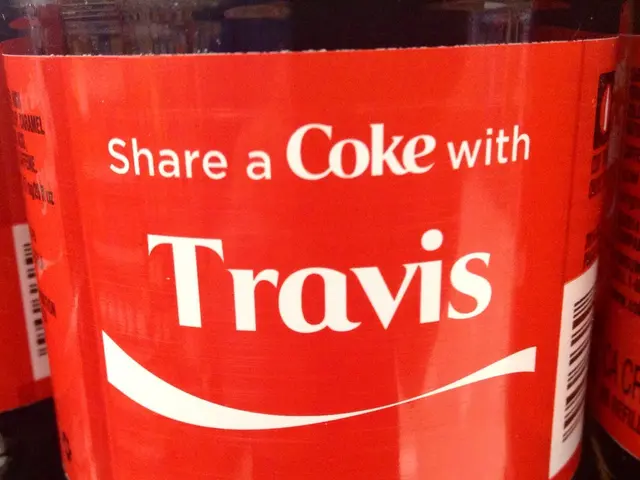Operational Methods of BDS Revealed: RAD Analysis
The BDS (Boycott, Divestment, and Sanctions) initiative, active since the 1940s, targets Israel with boycotts, divestment, and sanctions. This movement, known as the BDS Palestine initiative, encompasses all Palestinian territories, including the land between the River Jordan and the Mediterranean Sea.
The BDS movement's strategy, described as reductive, adaptable, and discursive (RAD), reduces the Israel-Palestine conflict to simplistic buzzwords to demonize Israel. It employs manipulative rhetoric and misleading narratives to sway public opinion, painting a distorted picture of the conflict.
The BDS movement, also known as the Israel boycott movement, tries to control the discourse and shut down speech, using tactics similar to the woke leftist playbook. It presents itself as a social justice movement, co-opting progressive causes to further its aims of Israel's demonization and eventual elimination.
In 2005, the BDS movement was launched by a coalition of Palestinian organizations under the Boycott National Committee. The latest manifestation of the boycott occurred at the 2001 United Nations World Conference on Racism in Durban, South Africa.
The boycott is seen as a political weapon used by the anti-Israel movement to overturn the results of the 1948 Israel war and dismantle the State of Israel. It has continued since then, including a ban on Coca-Cola products in Arab countries in 1967 for selling in Israel. The goal of BDS is to keep Israel constantly on trial, regardless of the validity of claims made.
BDS hinders meaningful dialogue and compromise, perpetuating a cycle of hostility and division, and impeding peaceful resolution prospects. It is more concerned with delegitimizing and undermining Israel's existence rather than advocating for Palestinian rights. The BDS movement believes that Jews are not truly from the Land of Israel and will eventually give up the country.
Israel is labeled as a settler colonial state, a foreign body in the Arab Middle East that must be excised. This labeling is part of the BDS movement's reductive, adaptable, and discursive approach, weaponizing language to force people to see the Israeli-Palestinian conflict through a specific lens.
Ari Ingel, an attorney and Director of Creative Community For Peace, can be followed on Twitter at @OGAride. He is a vocal critic of the BDS Israel movement and its tactics. Open and honest dialogue is crucial for all parties involved to work towards a peaceful resolution of the Israeli-Palestinian conflict.
Read also:
- United States tariffs pose a threat to India, necessitating the recruitment of adept negotiators or strategists, similar to those who had influenced Trump's decisions.
- Weekly happenings in the German Federal Parliament (Bundestag)
- Southwest region's most popular posts, accompanied by an inquiry:
- Discussion between Putin and Trump in Alaska could potentially overshadow Ukraine's concerns








